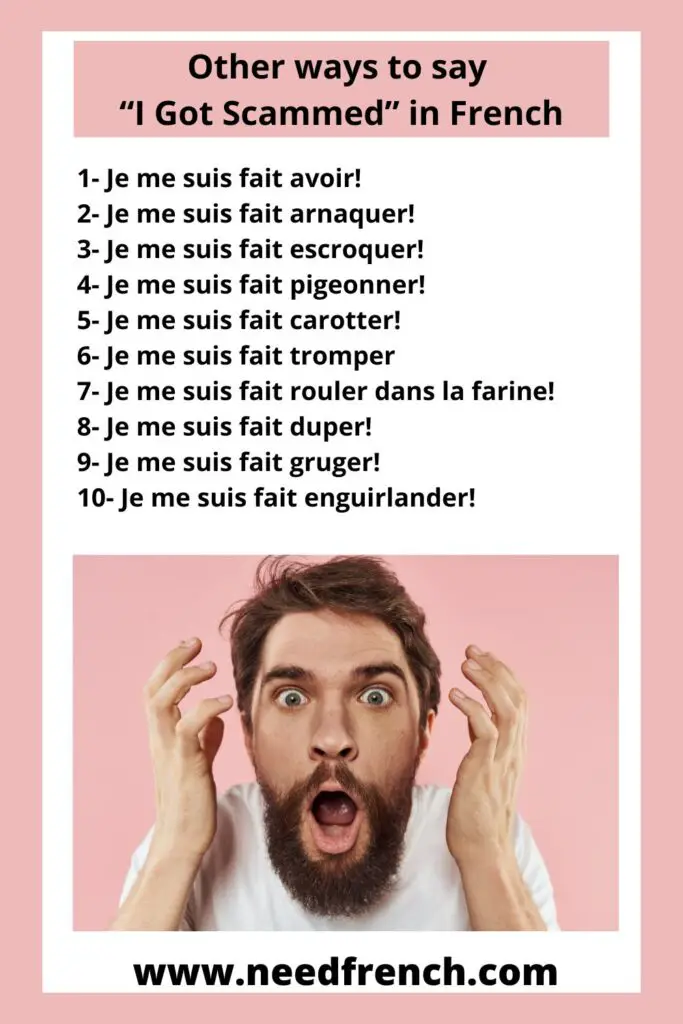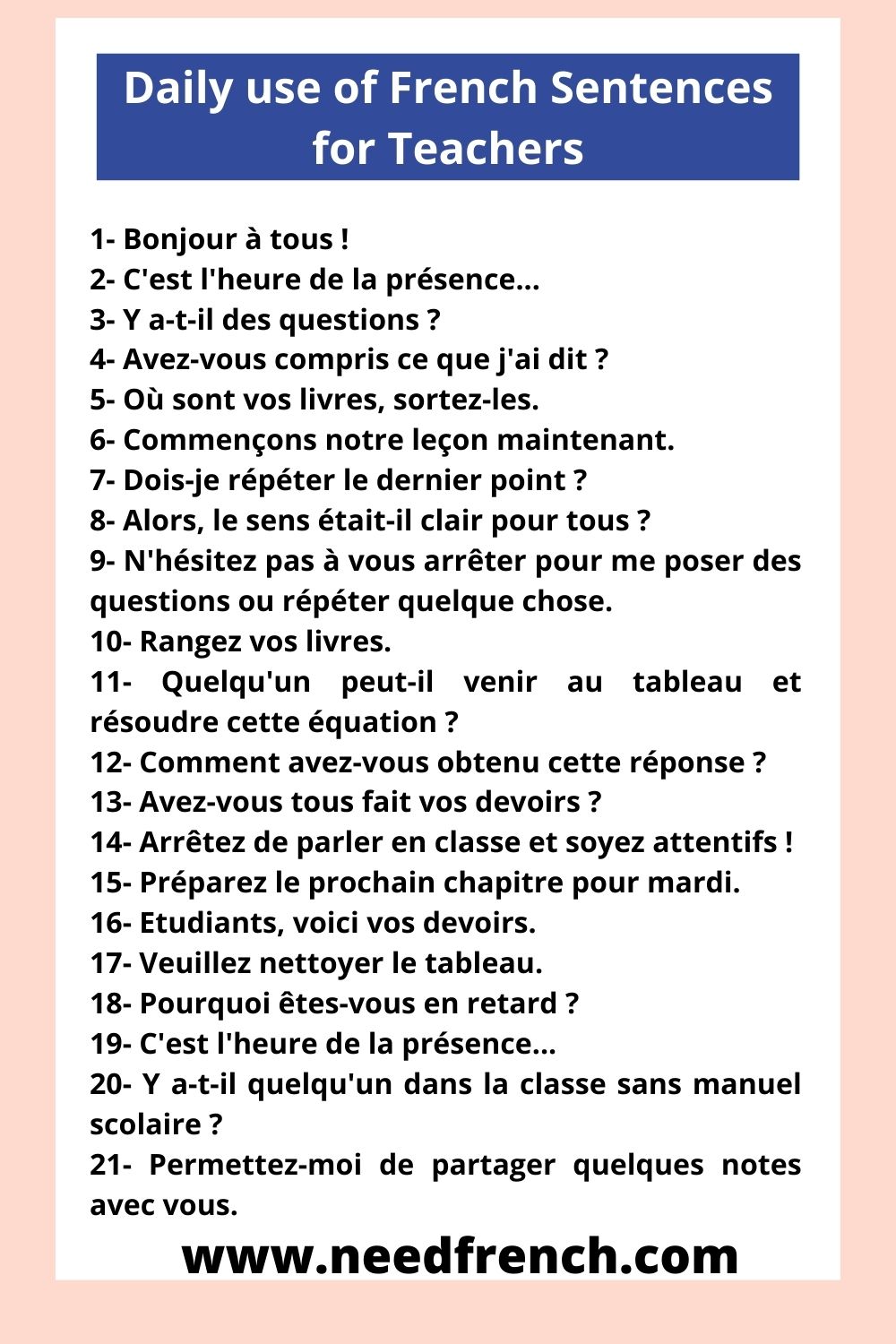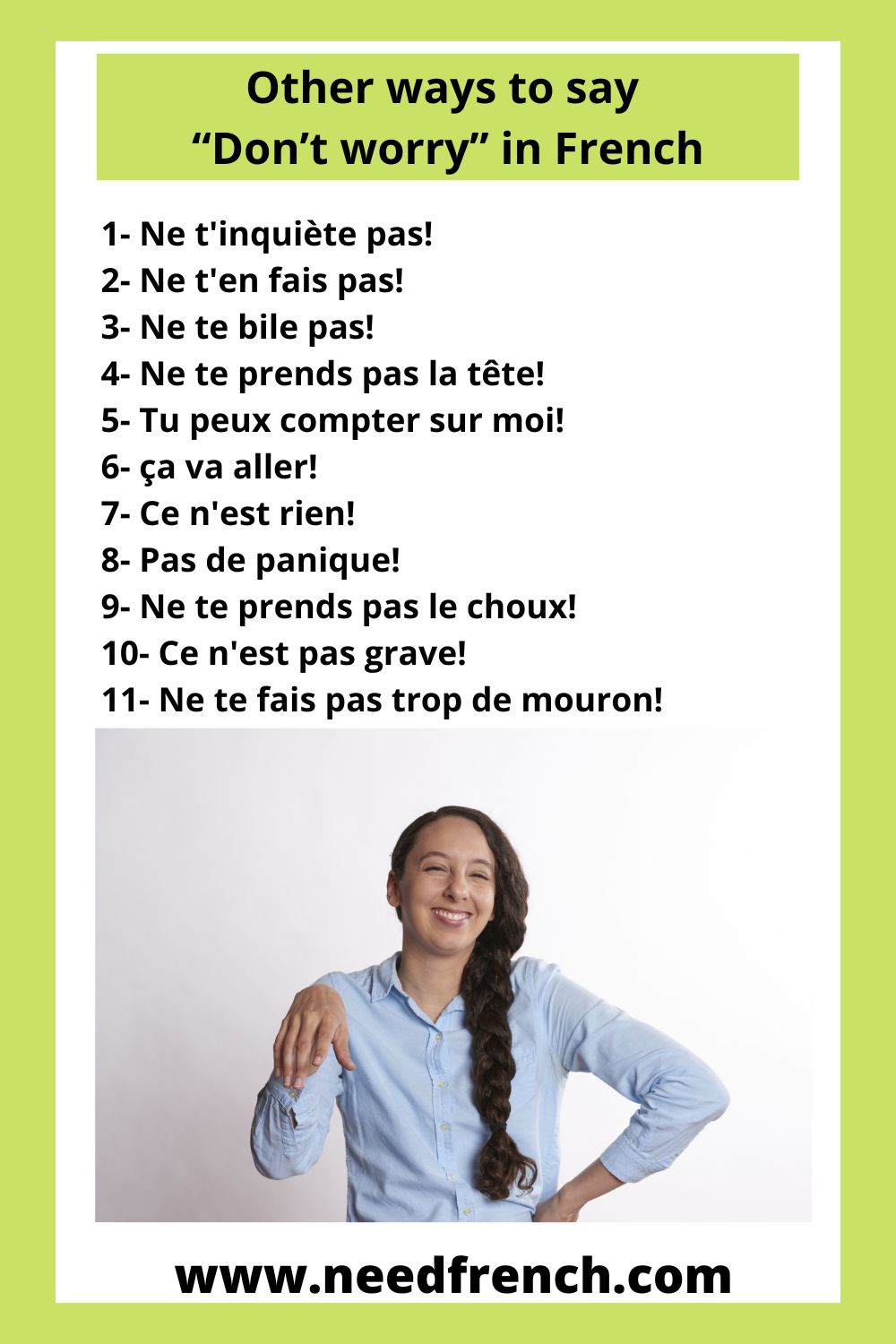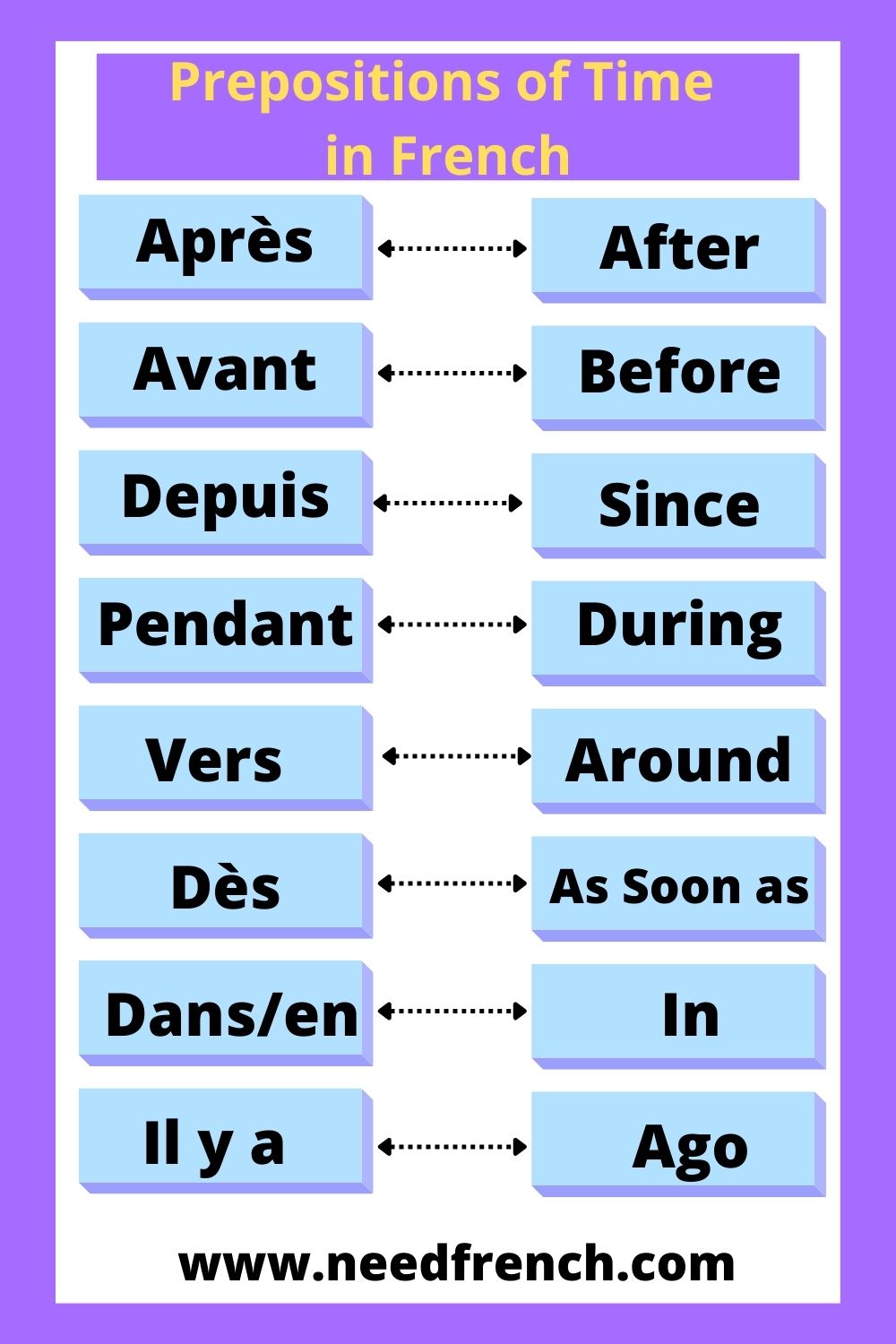French is a language rich in expressive phrases, and when it comes to describing the unfortunate experience of being scammed or tricked, it offers a variety of colorful options. In this article, we’ll explore different ways to say “Je me suis fait avoir!” (I got scammed!) in French, helping you to communicate more effectively and with a touch of humor in various situations.
Table of Contents
ToggleWhy Learn These Expressions?
- Cultural insight: These phrases offer a glimpse into French attitudes towards deception and trickery.
- Linguistic versatility: Expand your French vocabulary with idiomatic expressions.
- Situational adaptability: Learn how to describe different levels of deception appropriately.

10 Ways to Say “I Got Scammed!” in French
- Je me suis fait avoir!
- Literal meaning: I got had!
- Usage: The standard way to say you’ve been tricked or scammed.
- Formality: Neutral, suitable for most casual situations.
- Je me suis fait arnaquer!
- Meaning: I got swindled!
- Usage: Implies a more serious scam, often involving money.
- Formality: Informal, but can be used in various contexts.
- Je me suis fait escroquer!
- Meaning: I got conned!
- Usage: Similar to “arnaquer,” but can imply a more elaborate or severe scam.
- Formality: More formal, could be used in official complaints.
- Je me suis fait pigeonner!
- Literal meaning: I got pigeoned!
- Usage: Implies being taken advantage of due to naivety.
- Formality: Informal, slightly humorous.
- Je me suis fait carotter!
- Literal meaning: I got carroted!
- Usage: To be tricked or swindled, often in a clever or sneaky way.
- Formality: Very informal, colloquial.
- Je me suis fait tromper!
- Meaning: I got deceived!
- Usage: Can be used for various types of deception, not just financial.
- Formality: Neutral, can be used in more formal situations.
- Je me suis fait rouler dans la farine!
- Literal meaning: I got rolled in flour!
- Usage: A colorful way to say you’ve been thoroughly fooled.
- Formality: Informal, quite expressive.
- Je me suis fait duper!
- Meaning: I got duped!
- Usage: Similar to “tromper,” implies being fooled or deceived.
- Formality: Slightly more formal than some other options.
- Je me suis fait gruger!
- Meaning: I got swindled!
- Usage: Often implies being cheated out of money.
- Formality: Informal, somewhat old-fashioned.
- Je me suis fait entuber!
- Meaning: I got screwed over!
- Usage: A vulgar way to express being severely tricked or cheated.
- Formality: Very informal, potentially offensive. Use with caution.
Cultural Notes
- The French often use humor or colorful imagery in their expressions, even for negative experiences.
- Many of these phrases use the construction “Je me suis fait + verb,” which is a common way to express that something happened to you.
- The level of formality can greatly affect how these phrases are perceived.
How to Use These Expressions
- Consider your audience and the situation when choosing an expression.
- Be aware that some expressions (like “se faire entuber”) can be considered vulgar or offensive in certain contexts.
- These phrases are generally used in past tense, but can be adapted to other tenses as needed.
- Pay attention to your tone of voice, as it can change the perceived severity of the situation.
Conclusion
These French expressions showcase the language’s rich capacity for describing unfortunate experiences with nuance and sometimes humor. By learning them, you’re not just expanding your vocabulary, but also gaining insight into French cultural attitudes towards deception and misfortune.
Practice Activity: Try creating short anecdotes using these expressions in different scenarios (e.g., falling for a tourist scam, being tricked by a friend’s joke, getting fooled by fake news). This will help you understand the appropriate context for each phrase.
Question for readers: Which of these expressions do you find most interesting or amusing? Are there similar expressions in your own language for describing being scammed or tricked? Share your thoughts in the comments below!
Want to warm up your French skills? Check out our other articles:














